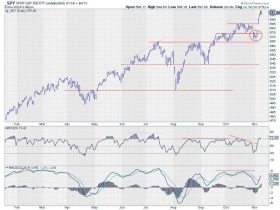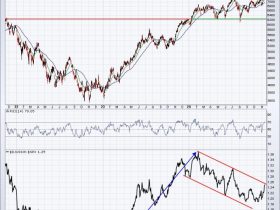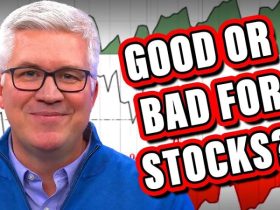Election-Related Market Swings: How to Stay Ahead
Understanding the Impact of Elections on Financial Markets
Elections are pivotal events that can have a profound impact on financial markets around the world. Investors often brace themselves for volatility and uncertainty leading up to an election, as market swings can occur due to changes in government policy, regulations, and economic outlook.
One key factor that influences market behavior during election periods is investor sentiment. The uncertainties and changes that may result from election outcomes can lead to market swings as investors adjust their positions based on potential shifts in the political landscape.
Historically, stock markets have exhibited patterns of volatility around election time, with sectors such as healthcare, energy, and financials being particularly sensitive to election-related news. It is essential for investors to stay informed about election-related developments and be prepared to adjust their portfolios accordingly.
Strategies to Navigate Election-Induced Market Swings
To stay ahead of election-induced market swings, investors can employ several strategies to mitigate risks and capitalize on opportunities:
1. Diversification: Maintaining a diversified portfolio can help reduce risk during periods of market turbulence. By spreading investments across different asset classes and sectors, investors can cushion the impact of election-related market swings.
2. Monitor Economic Indicators: Keeping a close eye on economic indicators such as GDP growth, employment figures, and inflation rates can provide valuable insights into the health of the economy and potential market trends leading up to an election.
3. Stay Informed: Stay informed about election-related news, developments, and policy proposals that could impact specific industries or sectors. Being proactive and adjusting your investment strategy based on reliable information can help you stay ahead of market swings.
4. Long-term Perspective: Adopting a long-term investment perspective can help investors weather short-term market fluctuations resulting from elections. By focusing on the fundamental strengths of your investments and staying true to your investment goals, you can ride out market volatility with more confidence.
5. Professional Guidance: Working with a financial advisor or investment professional can provide valuable expertise and insights on navigating election-related market swings. A professional can help you analyze your portfolio, assess risks, and make informed decisions based on your financial goals.
In conclusion, election-related market swings are a common occurrence that investors should be prepared to face with a well-thought-out strategy and a long-term perspective. By staying informed, diversifying your portfolio, and seeking professional guidance, you can navigate market volatility and potentially capitalize on opportunities that arise during election periods.











